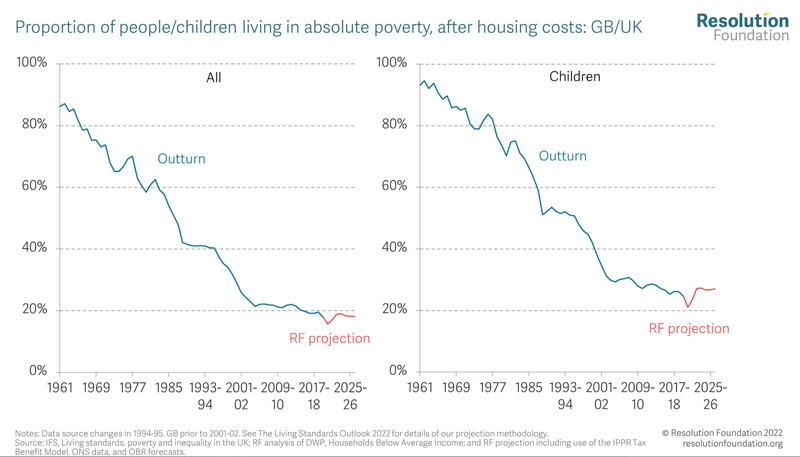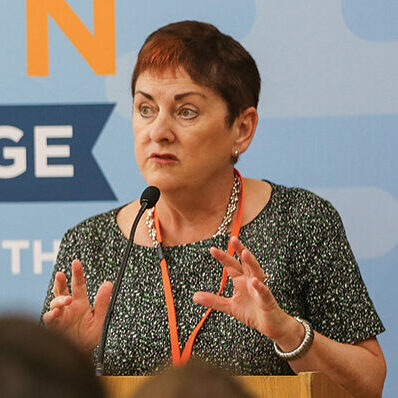Rishi Sunak’s school funding snub in his spring statement heralds a “return of austerity”, leaders have warned, as the cost of living will push half a million more children into poverty.
The chancellor was widely criticised for the few policies to help families as living standards dip to their lowest level since the 1950s.
Analysis by the Resolution Foundation think tank found a further 1.3 million people will fall into “absolute poverty” in 2022-23, including 500,000 children.
It is the first time poverty has surged outside recessions in Britain, with inflation due to reach a 40-year high.

But schools – which, as the hub of communities, will have to pick-up the pieces of rising poverty – are barely mentioned in the 54-page statement.
Dr Mary Bousted, the joint general secretary of the National Education Union, said the “refusal to increase education funding in the face of this inflation surge signals a return to the austerity of the 2010s. The chancellor has missed an opportunity to protect our children’s futures.”
The government last year announced an extra £4.7 billion school funding by 2024-25. This would restore per-pupil funding to 2010 levels in real terms.
Rising energy prices are a key cost concern. An investigation by Schools Week last year revealed school leaders were setting aside tens of thousands of pounds as electricity and gas costs were set to rise by 50 per cent.
Schools face ‘fresh funding crisis’
Geoff Barton, the general secretary of the ASCL school leaders’ union, said he was disappointed that the chancellor did not address “the financial pressures facing the education system amidst soaring inflation”.
“We are gravely concerned that they are facing a fresh funding crisis.”
The government said such costs account for just 1.4 per cent of school budgets, claiming energy rises would have a “relatively small impact”.
Schools will also have to fund teacher pay rises from their current budgets, with proposals for a 5 per cent rise for experienced teachers and a 16 per cent rise for new starters over the next two years.
But the rise in inflation means “many experienced teachers and leaders will see the real value of their pay fall”, Barton warned.
The Consumer Prices Index (CPI) rose by 5.5 per cent in the 12 months to January 2022. The Office for Budget Responsibility warned the Ukraine war fall-out and rising energy prices could push inflation to 8.7 per cent later this year – a 40-year high.
Fuel price rises impact school transport
Meanwhile, England’s largest councils also say that spiralling fuel prices are impacting school transport services.
Cash-strapped authorities face paying providers significantly more, or leaving thousands of pupils unable to access free transport.
The County Councils Network authorities that supplied data for the study transported 248,000 pupils free last year, a fifth of whom had special educational needs.
The only statement announcement that might impact schools is a pledge to review the apprenticeship levy as part of a new Treasury tax plan, to be finalised in autumn.

The levy is paid by academies and trusts with a payroll bill of £3 million or more, and by councils on behalf of local authority-maintained schools. Schools can then draw down funds from the levy to pay for apprentice training.
But the schools sector has struggled to make use of the scheme, with some leaders saying there are no courses they can spend the money on.
Schools have also been criticised for paying apprentice teaching assistants as little as £4.30 an hour, leading to claims that some could be “exploiting” the apprenticeships for cheap labour.
Following widespread criticism, Sunak hinted more support could be announced later this year to tackle rising energy bills. But he said he could not solve “every problem”.
Spring statement announcements such as the 5p fuel duty cut and a national insurance threshold rise, would “put money in the pockets of hardworking British families”, he said.








Your thoughts